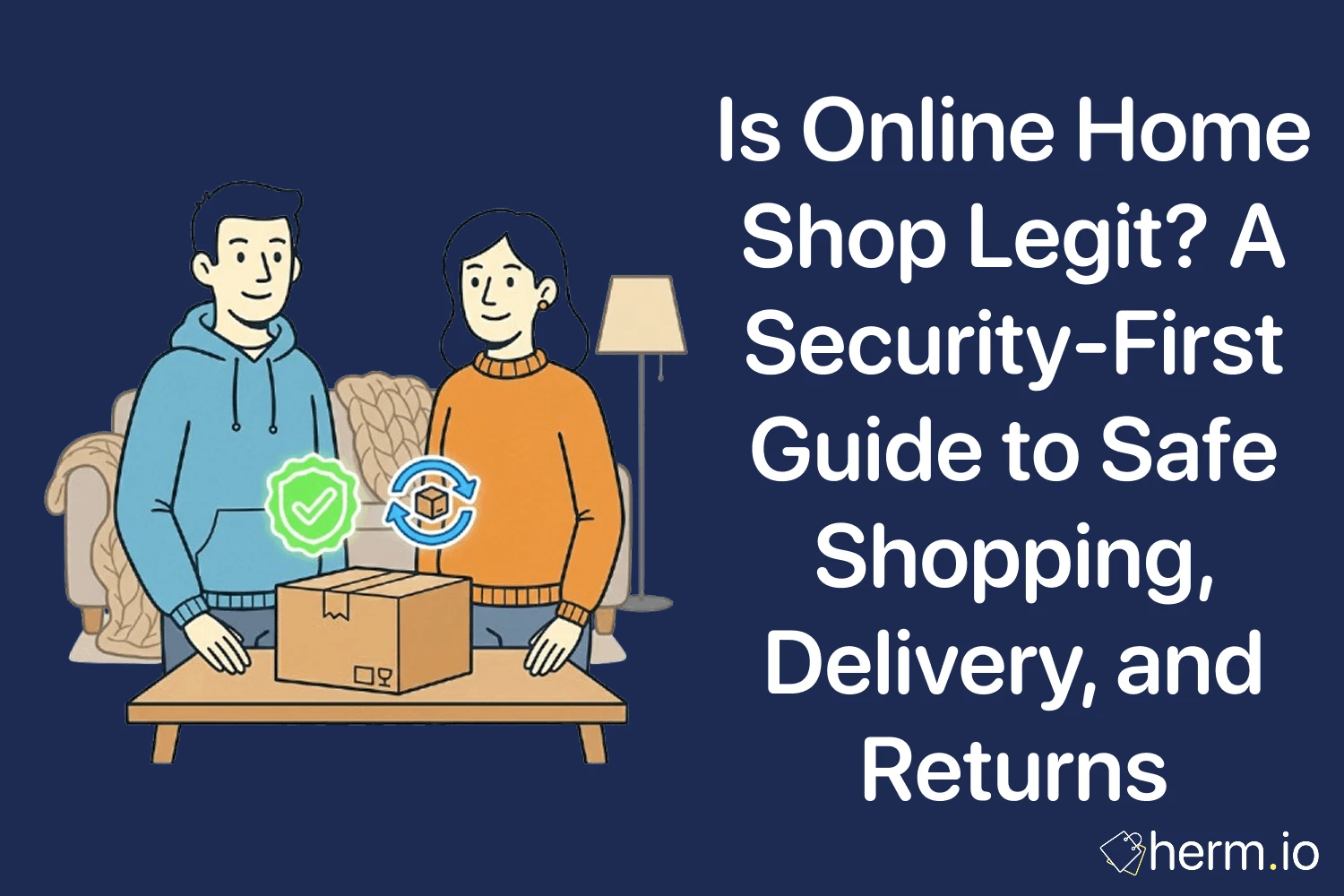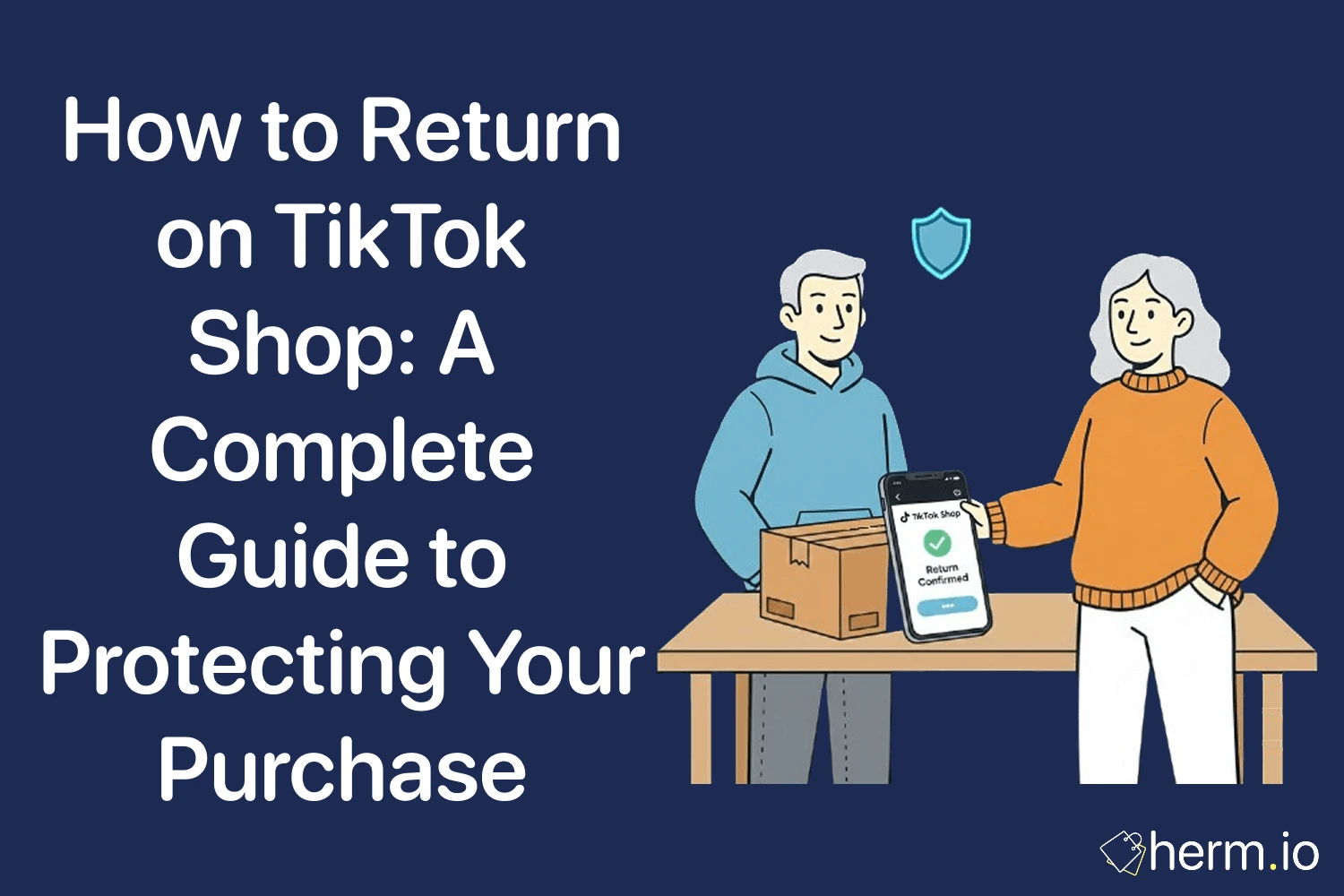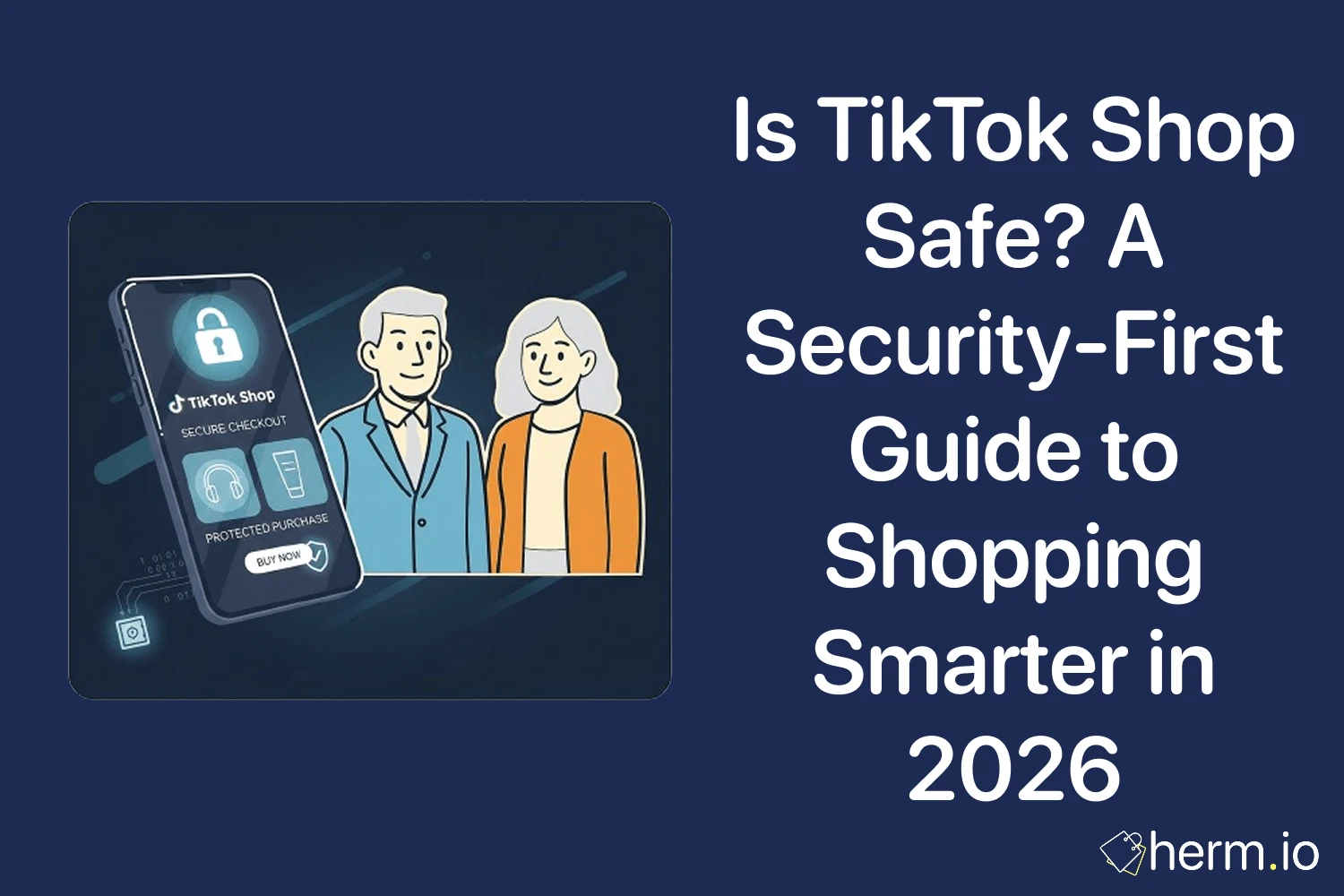
Understanding the EU's Verification System
The European Union implemented a unified approach to combat falsified medicines: every legitimate online pharmacy and retailer must display the EU common logo. This isn't decorative; it's a functional security measure. When you click the logo, you should be redirected to your national regulator's official register. If that doesn't happen, you're looking at an unverified seller.
This verification system operates as your first line of defence. The logo confirms registration with the national competent authority—nothing more, nothing less. It doesn't guarantee competitive pricing or fast delivery; it confirms legitimacy. That distinction matters because even registered pharmacies vary significantly in their service quality and pricing structures.
Quick Security Check: Before entering any payment information, click the EU logo. Verify the redirect takes you to an official government register. Bookmark that register for future reference.
The system isn't foolproof if you ignore the verification step. Fraudulent sites sometimes display fake logos that don't link anywhere or redirect to convincing-but-fake pages. Always check the URL of the page you land on after clicking; government registers use official domain extensions (.gov, .eu, or country-specific equivalents).
Quick Tips: Your Pharmacy Security Checklist
- Click the EU common logo and verify it redirects to your national register; fake logos won't link to legitimate government sites.
- Never purchase prescription-only medicines from sites that don't require a valid prescription—this is illegal throughout Europe.
- Compare total costs (medicine price + dispensing fee + delivery + cold-chain charges) rather than headline prices alone.
- For cross-border purchases, confirm both countries permit the specific transaction; regulations vary significantly by member state.
- Save documentation for all purchases, particularly prescriptions and invoices, in case of customs queries or quality issues.
Prescription Medicine Regulations Vary More Than You'd Think
EU member states operate under a common regulatory framework, but they maintain significant autonomy over which medicines can be sold online and under what conditions. Some countries permit prescription-only medicine (POM) sales online with strict verification processes; others restrict distance selling to over-the-counter products only.
This creates a complex landscape for consumers. A pharmacy registered for distance selling in France might legally ship certain prescription medicines within France but be prohibited from shipping the same products to Germany. The pharmacy's registration in its home country doesn't automatically grant permission for cross-border POM sales.
The UK Operates Differently Post-Brexit
Britain no longer participates in the EU common logo system. UK regulations diverged further in mid-2025 when authorities announced no new distance-selling pharmacy approvals would be granted in England after 23 June 2025. Existing online pharmacies continue operating under UK-specific rules, but the market is now closed to new entrants.
If you're ordering from or to the UK, you need to verify registration through UK-specific registers rather than the EU system. The regulatory frameworks are similar in principle but different in implementation.
Building a Systematic Approach to Safe Online Prescriptions
Security for prescription purchases requires a methodical process; shortcuts create vulnerabilities. Start by understanding what documentation you need. Within the EU and EEA (including Iceland, Liechtenstein, and Norway), prescriptions issued in one country can be recognised in others, provided they include specific required elements: patient identification, prescriber details, active substance name, and dosage instructions.
Recognition doesn't guarantee availability. The receiving country's pharmacy must stock the medicine and must be legally permitted to dispense it based on local regulations. Switzerland operates outside this system entirely; Swiss prescriptions aren't automatically recognised in EU countries, and EU prescriptions face additional scrutiny in Switzerland.
Verifying Legitimate Prescription Services
Some online platforms offer integrated telehealth consultations that generate valid prescriptions. These can be legitimate—but both the prescribing service and the dispensing pharmacy must be separately registered with appropriate authorities. Verify each component:
- Prescriber registration: Check the medical professional is licensed in their jurisdiction
- Pharmacy registration: Confirm the dispensing pharmacy displays the EU common logo and passes the click-through verification
- Prescription validity: Ensure the prescription meets your country's legal requirements for format and information
Bundled services that promise "instant prescriptions" with minimal medical history deserve extra scrutiny. Legitimate prescribers need sufficient information to make safe prescribing decisions; any service that bypasses this step likely bypasses regulations too.
OTC Medicine Price Differences and How to Assess Them Safely
Over-the-counter medicines show the widest price variations across European markets. National price regulations differ significantly; some countries maintain tighter controls on pharmacy pricing whilst others permit more market-driven approaches. Cross-border online sales add another complexity layer—recent legal discussions have questioned how national price-binding regulations apply when the sale occurs across borders.
This regulatory uncertainty means the same product at the same strength might cost substantially different amounts depending on the seller's location and your delivery address. Price variations aren't automatically suspicious, but they require careful verification.
Structured Comparison Method
Price comparison for OTC products needs systematic execution:
Step 1: Standardise Your SearchMatch the exact active ingredient, strength, formulation, and pack size. A 30-tablet pack of 200mg ibuprofen differs from a 60-tablet pack; comparing them directly produces meaningless results.
Step 2: Calculate Per-Dose CostHeadline prices mislead. Calculate cost per tablet/capsule/dose for accurate comparison. A £10 pack of 60 tablets (16.7p per dose) beats a £6 pack of 30 tablets (20p per dose) despite the lower initial price.
Step 3: Add All FeesInclude dispensing fees, delivery charges, and any cold-chain surcharges for temperature-sensitive products. A "cheap" medicine from a distant pharmacy might cost more after delivery than a slightly pricier local option with lower shipping fees.
Step 4: Verify RegistrationBefore finalising any purchase, confirm the seller's EU common logo passes the click-through test. Unverified sellers offering suspiciously low prices often sell falsified or substandard products.
Cross-Border Purchases Require Dual Verification
When ordering medicines from a pharmacy in another EU country, you're subject to regulations in both countries. The pharmacy must be registered for distance selling in its home country; the destination country must permit import of the specific medicine category you're ordering.
Common Cross-Border Complications
Prescription-only medicines: Many member states restrict or prohibit online POM sales entirely. Others permit them but only from domestic pharmacies. Attempting cross-border POM purchases without verifying both countries' positions creates legal and financial risks.
Controlled substances: These face additional restrictions. Even when POMs are permitted for distance selling, controlled substances often have separate, stricter rules. Cross-border controlled substance transactions face heightened scrutiny and frequently require additional documentation.
Cold-chain products: Medicines requiring refrigeration (certain insulins, some biologics) need specialised shipping. Not all distance-selling pharmacies offer cold-chain logistics; those that do charge additional fees. Verify the seller can maintain proper temperature control throughout shipping before ordering.
VAT and Customs Considerations
EU/EEA internal borders generally don't require customs declarations for personal medicine purchases, but VAT rules still apply. Ordering from outside the EU/EEA triggers customs procedures; low-value import exemptions are under review and may change. Recent EU parliamentary discussions suggest tougher enforcement for cross-border e-commerce, particularly around product safety and VAT compliance.
When traveling with purchased medicines, carry documentation: the prescription (if applicable), purchase invoice, and a letter from your prescriber for controlled substances. Some destination countries, particularly outside Europe, have strict import limits even for personal use. The US, for example, typically limits personal imports and requires proof of personal use rather than commercial intent.
Subscription Services Need Extra Security Layers
Automatic refills and medicine subscriptions offer convenience but require additional verification steps. Legitimate subscription services must respect prescription validity periods; they cannot bypass medical oversight by automatically renewing prescriptions that have expired.
Subscription Security Checklist
1. Initial Registration VerificationApply the same EU common logo verification you'd use for any single purchase. Registration status matters just as much for subscriptions as for one-time orders.
2. Prescription Renewal ProcessUnderstand how the service handles prescription renewals. Legitimate services either require you to upload new prescriptions within validity periods or integrate with prescribers who issue renewals after appropriate medical review. Services that promise indefinite supply without renewal oversight are operating outside regulations.
3. Cold-Chain Standards for Temperature-Sensitive MedicinesIf your subscription includes refrigerated products, request detailed information about temperature control during shipping. Look for:
- Insulated packaging specifications
- Temperature monitoring during transit
- Guarantees about delivery timing
- Replacement policies if temperature breaches occur
4. Cancellation and Modification FlexibilityMedical situations change; your subscription service must accommodate this. Review cancellation terms before subscribing. Legitimate services allow easy pausing or cancellation without penalties.
5. Marketing ComplianceRecent regulatory crackdowns target online pharmacies using aggressive marketing for high-demand POMs. UK advertising standards authorities intensified enforcement around weight-loss injection promotions in mid-2025; services using celebrity endorsements or "instant access" messaging for POMs likely aren't complying with advertising regulations. Compliant services market their dispensing service rather than specific prescription medicines.
Red Flag Recognition System
Certain warning signs consistently indicate problematic sellers:
Critical Red Flags (Avoid Immediately):
- Sells prescription-only medicines without requiring prescriptions
- EU common logo missing or doesn't click through to official register
- Prices significantly below market rates without clear explanation
- Aggressive social media advertising for prescription medicines
- "Guaranteed" access to POMs without medical consultation
- Contact information incomplete or non-existent
- Payment only accepted through untraceable methods
Secondary Concerns (Investigate Further):
- Recent registration with minimal operating history
- Customer reviews that seem formulaic or overly positive
- Unclear dispensing fee structure
- Vague shipping timelines for time-sensitive medicines
- Refusal to provide cold-chain details for refrigerated products
- Complicated return policies that make quality complaints difficult
Step-by-Step Security Protocol for Medicine Purchases
This systematic approach reduces your risk exposure:
Phase 1: Seller Verification (Do This First)
- Locate the EU common logo on the website
- Click it and verify redirection to official government register
- Confirm the seller's name and registration number match between website and register
- Check registration includes distance selling permissions
Phase 2: Product Assessment
- Search using the active ingredient name rather than brand names
- Verify the exact strength, formulation, and pack size
- Calculate per-dose cost including all fees
- For POMs, confirm you have a valid prescription meeting the seller's requirements
Phase 3: Cross-Border Verification (If Applicable)
- Confirm the seller's home country permits distance sales of your medicine category
- Verify your country permits import of the same category
- Check VAT implications if ordering from outside EU/EEA
- Review customs documentation requirements
Phase 4: Purchase Security
- Use secure payment methods with buyer protection
- Save complete documentation: order confirmation, invoice, prescription
- Track shipping throughout delivery
- Inspect packaging on arrival before accepting delivery
Phase 5: Post-Purchase Documentation
- Store purchase records and prescription copies
- Note delivery timing and condition
- Report any quality concerns to national medicines authority
- Keep documentation accessible for potential customs queries
Practical FAQ
How can I verify an online pharmacy is legitimate if I'm ordering from a different EU country?
The EU common logo works across all member states; click it regardless of which country's pharmacy you're viewing. The redirect takes you to that country's official register, which you can verify even if you don't read the language—look for official government domain extensions and the pharmacy's registration number. If you're uncertain about the destination page's legitimacy, search for your destination country's medicines authority website independently and access their register that way; cross-reference the pharmacy's registration number.
What should I do if a medicine arrives but the packaging looks different from what I expected?
Don't open the packaging immediately. Photograph it whilst unopened; check the batch number and expiry date against your purchase documentation. Contact the pharmacy to verify the packaging is correct before opening. If anything seems wrong—misspelled labels, poor print quality, unusual packaging materials, missing security features—contact your national medicines authority to report suspected falsified products. They can guide you on safe disposal if needed.
Are generic medicines from online pharmacies as safe as brand-name versions?
Generic medicines approved in the EU undergo the same safety and efficacy assessments as brand-name versions; they must demonstrate bioequivalence. The security concern isn't generics versus brands—it's verified versus unverified sellers. A generic from a registered, verified pharmacy offers the same safety as a brand-name product from the same verified source. An unverified seller might supply falsified products regardless of whether they claim to sell generics or brands; verification status matters more than the generic/brand distinction.
How do I handle prescription renewals for a medicine I'm buying through subscription?
Legitimate subscription services require active prescription management. Check your prescription's validity period and refill allowances; set calendar reminders at least two weeks before expiration. Contact your prescriber for renewal appointments before your current prescription expires. If the subscription service offers integrated prescriber consultations, verify those prescribers are properly licensed and registered. Never continue subscriptions beyond prescription validity periods; services that allow this are bypassing medical oversight requirements.
Building Your Security Foundation
Online medicine purchases in Europe operate under robust regulatory frameworks—when you follow the verification steps. The EU common logo system provides reliable protection, but only if you actually click it and confirm registration. Cross-border purchases add complexity rather than insurmountable barriers; systematic verification addresses those complications.
Security in medicine purchasing isn't about avoiding online pharmacies; it's about distinguishing legitimate registered sellers from unverified operators. The same verification principles apply whether you're buying basic OTC medicines or managing complex prescription refills through subscription services. Build these security checks into your purchasing routine rather than treating them as optional extras.
The regulatory landscape continues evolving—UK restrictions on new distance-selling pharmacies, tightening advertising standards, enhanced cross-border enforcement. Staying informed about these changes protects you from outdated advice; what worked last year might not reflect current requirements. When uncertain about specific requirements, your national medicines authority website provides authoritative guidance for your jurisdiction.
Safe online medicine shopping in Europe combines regulatory knowledge with systematic verification habits. Neither alone provides sufficient protection; together, they create a framework that lets you access legitimate online pharmacies with confidence whilst avoiding the substantial risks posed by unverified sellers.

Oliver James Whitmore
I'm a security expert specializing in privacy, systems architecture, and cybersecurity. With experience across startups and large enterprises, I build resilient, user-centric security systems. I bridge the gap between technical capabilities and business value, making complex systems both secure and adaptable.

.png)








.png)

.png)
.png)
.png)